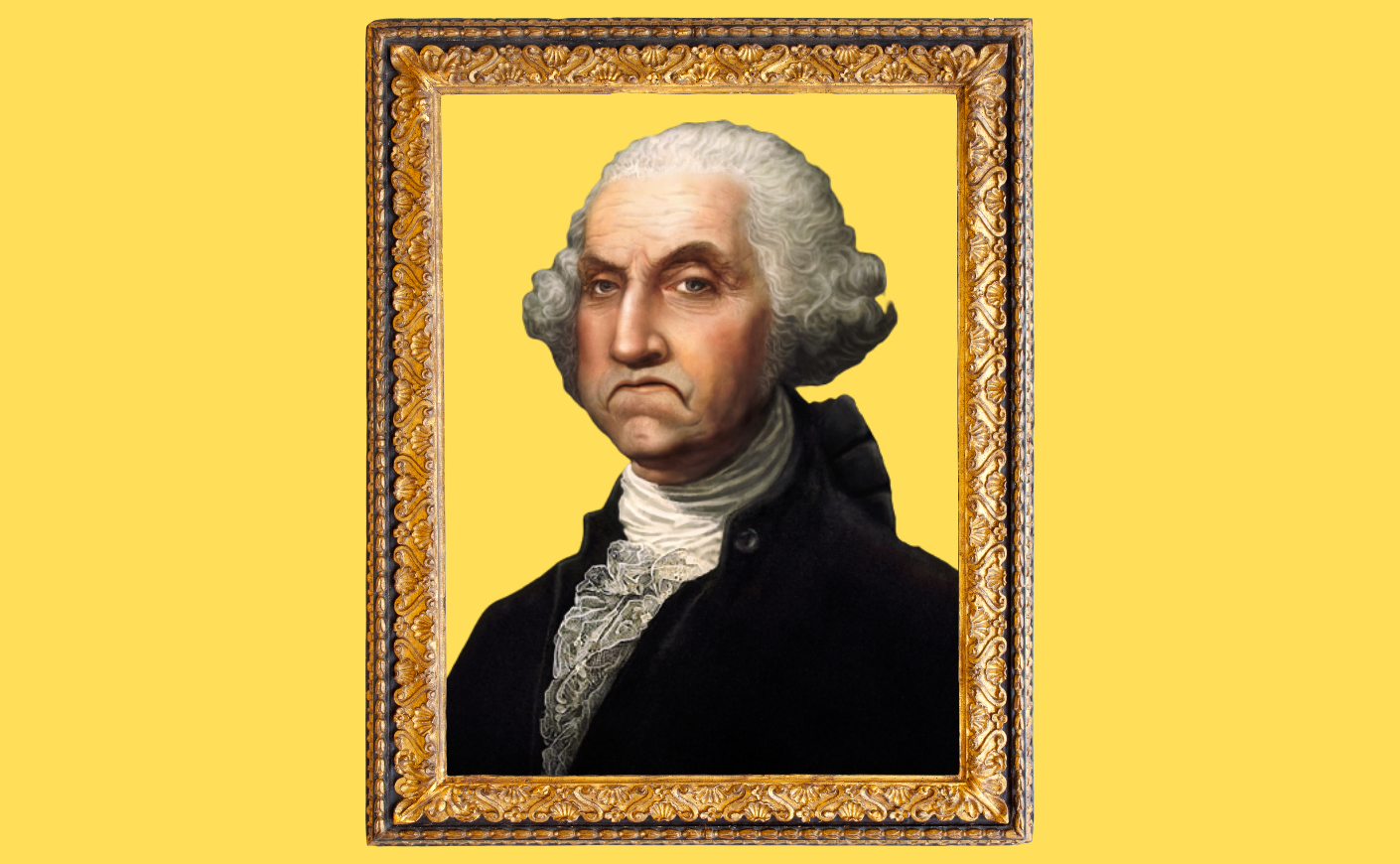It’s Presidents Day — the most confusing holiday of the year. Ask a random sampling of Americans what the day actually commemorates and most will probably tell you it’s to honor all 46 of the nation’s commanders-in-chief. Some might say it celebrates just two, George Washington and Abraham Lincoln, while others contend that it really commemorates Washington’s birthday on Feb. 22.
Then there’s the question of punctuation. Is it President’s Day, Presidents’ Day, or Presidents Day? (Well, it depends on where you live and why you’re writing.)
When it comes to the holiday’s significance, the answer is also murky. It can be traced back to the 1770s when, even before the country had won its independence, the colonists had taken to celebrating Washington’s birthday, says Matthew Dennis, a professor emeritus of history at the University of Oregon. It became one of the first public holidays, along with the Fourth of July. But its meaning quickly shifted after President Lincoln was assassinated in 1865.
“There was an immediate apotheosis, raising Lincoln to kind of an equal status as Washington,” Dennis says. And because both presidents were conveniently born in the month of February, “you see the beginnings of a dual celebration,” he tells us.
The making of the modern holiday
Traditionally, the day was celebrated with parades, grand balls, and displays of great patriotism. But as early as the 1890s — about 90 years after Washington’s death — enthusiasm for the holiday began to wane, to the extent that it was at one point declared Bicycle Day by bicycle manufacturers.
Over the next few decades, ambivalence toward Washington’s Birthday only grew, so that by the late 1960s it was “possible to transform it into kind of a generic celebration,” Dennis says.
In 1968, Congress passed the Monday Holiday Act, which mandated that Presidents Day, Memorial Day, Labor Day, and Columbus Day all fall on a Monday. As a result, Presidents Day was moved permanently to the third Friday in February. At the time, some lawmakers suggested they change the name to Presidents Day, but that never occurred. Officially, it’s still Washington’s Birthday — even though today that name is rarely used.
This policy set in motion what Jason Bezis calls the “slow-motion destruction of a great American tradition.” Bezis is a California attorney who, through the late 1990s and early 2000s, tirelessly advocated for the day to be recognized as Washington’s Birthday as more and more, “Presidents Day” seeped into the vernacular. He lobbied private companies, newspapers, and municipalities to restore Washington’s name to the holiday, with some success. But eventually, Bezis realized he was fighting a losing battle, he tells us.
“Washington’s Birthday is a holiday like a mighty 200-year-old oak tree. Over time, the leaves have withered. Now, I’d almost argue it’s dead,” he says.
Bezis and others argue that without anchoring the holiday to the father of the nation, and instead turning it into a celebration of all presidents, or the office itself, or even the concept of leadership, it waters down its significance. He worries too that our “national amnesia” could lead to a further distortion of the holiday — or worse, its eradication.
The future for Presidents Day
There have been attempts to revitalize it, including a movement about 20 years ago to transform the holiday in order to honor Washington, Lincoln, and Franklin D. Roosevelt. But more recently, there’s been less inspired advocacy, like a petition to move Presidents Day to the Monday after the Super Bowl — essentially demoting the holiday to a day for Americans to nurse their hangovers.
With so much apathy toward the holiday, is it possible it could disappear or be remade to honor something that seems more relevant? Dennis says it’s unlikely. The history professor and author of Red, White, and Blue Letter Days: An American Calendar, says he hasn’t seen a lot of energy going toward remaking the holiday. And he still believes that it can serve an important purpose going forward.
“Public holidays are not just about celebration. They’re also about dissent and questioning,” Dennis says. “I think that igniting a political discourse can be one of the contributions Presidents Day can still make.”









